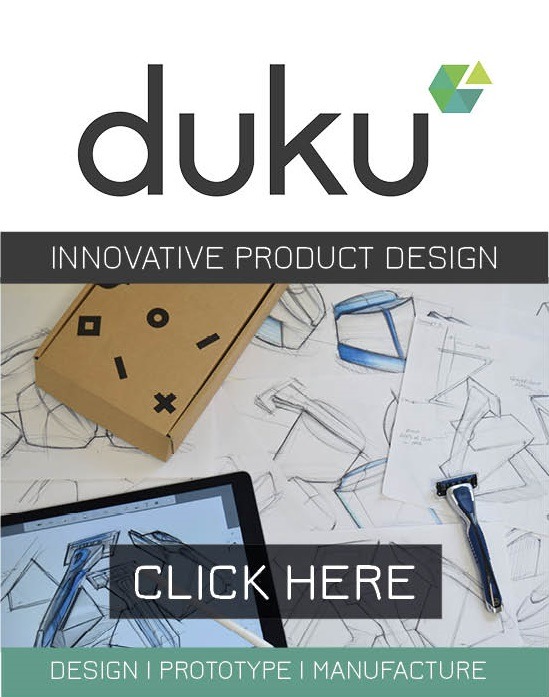Ask an Attorney
What Our Customers Say...



European Patent Cost Calculator
Need a Product Designer?
Helpful Tips
Do I have to identify the designer?
It is possible to waive the name of the designer when filing a European Community Design, but you should be sure that you have the rights to the design
PATENT INFRINGEMENT
INDEX
- Acts of infringement
- Scope of a granted patent
- Resellers and end users
- Contributory infringement
- Remedies for infringement
- Unjustified Threats of Infringement
- Contact Us
If you have a granted patent, and yet somebody is using your invention, then that person is infringing your patent and you are entitled to take Court action to stop them. Here, we explain exactly what constitutes infringement.
Firstly, it is important to understand that patents are territorial rights. A UK patent can be used to prevent infringement only in the United Kingdom. If you wish to protect your invention elsewhere, you will need to file corresponding applications for foreign patents – possibly including applications for regional rights such as a European patent.
ACTS OF INFRINGEMENT
So, assuming that you have a UK patent, or a European patent which is in force in the UK, no other person in the UK may do any of the following without your consent:
- make, dispose of, offer to dispose of, use, import or keep a patented product;
- use a patented process;
- offer a patented process for use; or
- offer to dispose, dispose, use, import or keep a product obtained directly from a patented process.
This list covers essentially all commercial activities relating to a patented product. Obviously, it is an infringement to make or sell the patented product. Perhaps less obviously though, it is also an infringement simply to keep the patented product for a commercial purpose. A competitor cannot therefore stockpile infringing products for sale once a patent lapses.
There are a couple of caveats to the above list. Firstly, it is only an infringement to use or offer to use a patented process if the infringer knows that it is an infringement to do so. The infringer cannot however be wilfully blind – if it is obvious that they are infringing a patent then it is unnecessary to prove that the infringer actually knew. The requirement for knowledge does not apply to infringements relating to patented products.
For the acts of infringements involving dealing with products obtained directly from a patented process, the process need not have been carried out in the United Kingdom. The actual act of producing the products may not therefore infringe a UK patent, but it would be an infringement to import them into the UK, and it would be a further infringement to do anything else with them once they are there.
There are a number of exceptions to infringement, the most important of which is that anything done for private and non-commercial reasons does not infringe. Patents are designed as commercial tools, and are not intended to be enforced against private individuals who are not acting in the course of business. The other exceptions are less widely applicable, relating to, for example, use on ships or aircraft temporarily within the UK, experimental purposes, certain limited use on farms, and health trials.
SCOPE OF A GRANTED PATENT
In order to determine whether a particular act infringes upon a patent, it is of course necessary to consider what the patent actually covers. In many cases it may be very clear that a particular product is covered by a patent, but sometimes the scope of the patent may be more arguable. An attorney can determine whether a particular product will fall within the scope of a claim.
RESELLERS AND END USERS
If a patented product is obtained from a patentee or his licensee in an ordinary sale, there is an implied licence to use or re-sell the product.
CONTRIBUTORY INFRINGEMENT
A person who supplies means relating to an essential element of a patented invention is himself guilty of infringement, if he knows (or it is obvious) that the means he is supplying are going to be used to put the patented invention into effect in the UK.
For example, suppose a chair is patented, and the granted patent requires that the chair has, among other things, legs. A person selling the chair without the legs may be guilty of contributory infringement, because the chair without legs is obviously going to have legs added to it in order to make it usable. Even if the chairs do not get turned into infringing products (perhaps because the patentee intervenes before that can happen), the supplier is still liable as long as constructing infringing chairs was the intention of the recipient, and the supplier knew that. The only way that the supplier would not be liable is if the supplier honestly believed that the recipient planned to export the part-made chairs outside the UK, in which case their construction abroad would not be an infringement.
Generally speaking, if the product being supplied has at least one plausible use which does not infringe, the supplier will not be infringing by supplying that product. However, even supplying a staple product may infringe if the supplier induces infringement. For example, supplying some ordinary construction materials together with a set of instructions explaining how to turn the materials into a patented product may be an infringement.
For contributory infringement to occur, both the supplier and the recipient must be in the United Kingdom.
REMEDIES FOR INFRINGEMENT
A patentee suffering infringement is entitled to apply to the Court for any of the following:
An Injunction
An injunction is a Court Order preventing the infringer from committing further infringing acts. In recent years the Courts have become increasingly willing to award various types of interim injunctions, to protect patentees while the case is in the process of being decided. In Scotland, an interdict may be awarded, which is essentially the same as an injunction in England and Wales.
Delivery up
An order for delivery up requires the infringer to give up all infringing products to the patentee. Alternatively, an order for destruction of infringing products may be obtained.
Damages or an account of profits
Damages are calculated based on what the patentee has lost from the infringement. An account of profits on the other hand is calculated based on what the infringer has gained from his infringing acts. The patentee must choose to claim either damages or an account of profits – they cannot get both. Damages is the most usual choice, but an account of profits may be chosen where the infringer has gained much more than the patentee has lost. In addition, calculation of damages is in some cases difficult or impossible, so an account of profits may be a more convenient basis for a claim.
UNJUSTIFIED THREATS OF INFRINGEMENT
Note that making unjustified threats of proceedings for infringement may lead to the maker of the threats being sued. The right to sue for unjustified threats is not limited to the recipient of the threats. Rather, any person who has been damaged by those threats is entitled to relief. A threat made to a retailer could therefore lead to a claim for damages from the retailer’s supplier.
It is therefore very important that threats are only made when the nature of the infringer’s activities is fully understood, and after an analysis of the allegedly infringing product to ensure that it falls within the scope of the granted patent. You should always seek advice from a qualified patent attorney before contacting an alleged infringer.
If you would like further information, please contact us on +44 (0) 1242 691 801 to speak to a qualified British and European patent attorney or fill in the form below.


